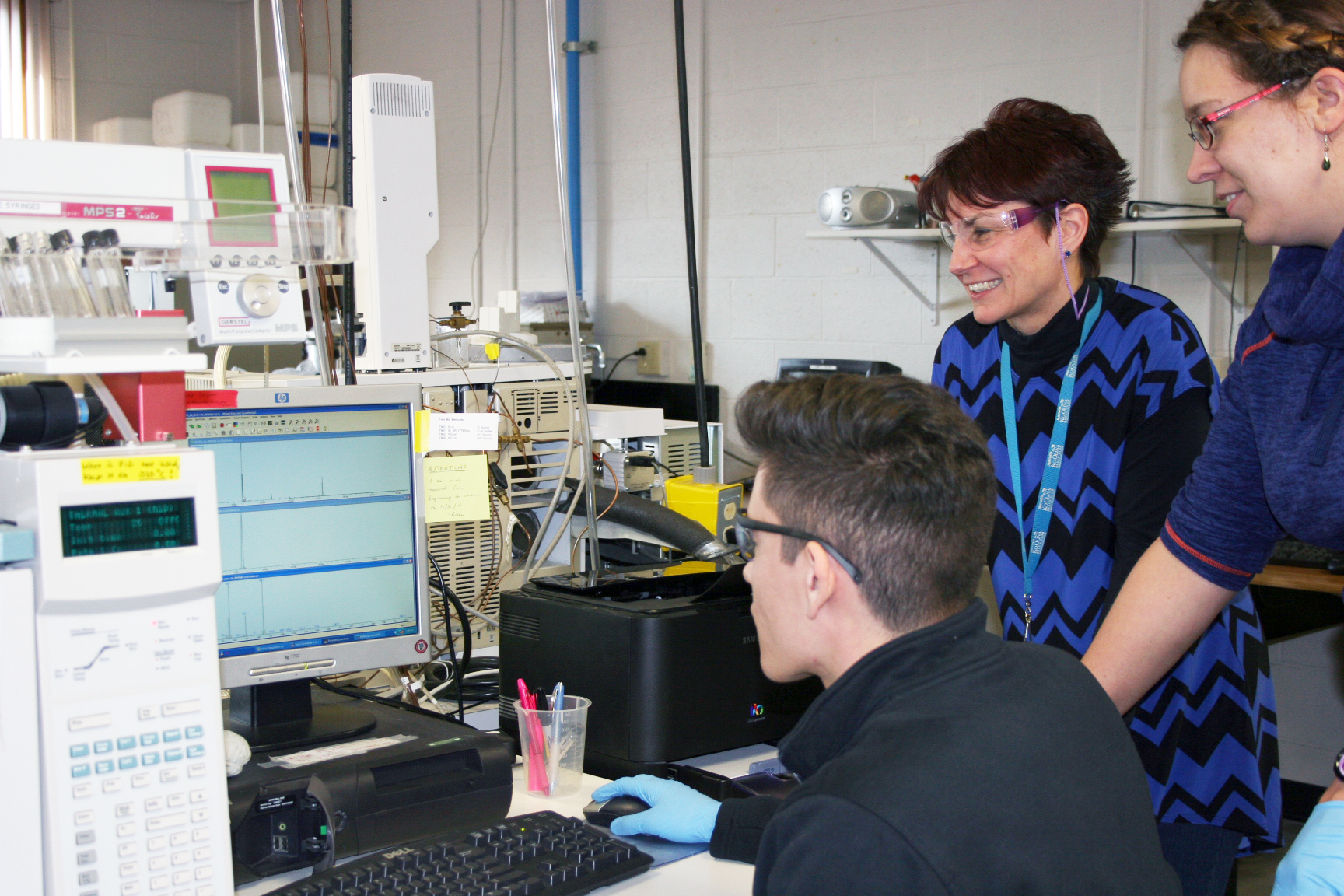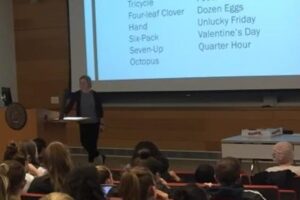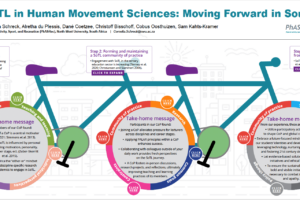
BLOG: Authenticity and Psychological Safety: Building and Encouraging Talent Among Underrepresented Students in STEM
By Daphne E. Pedersen, Alena Kubátová, and Rebecca Simmons
Despite the attention to increasing DEI in STEM fields, there has been little change in the number of degrees awarded to members of underrepresented groups (e.g., women, ethnic minorities, LGBTQ+ individuals). Several strategies are often employed to increase diversity in STEM programs; many of these employ High Impact Educational Practices (HIPs), which include collaborative projects, learning communities, and undergraduate research. These practices, along with individualized mentoring, are particularly impactful for women and underrepresented minority STEM students, as they promote the development of science identity. We interviewed low-income, academically talented undergraduates in STEM fields at a public university about their experiences in a scholarship program that provided financial support, high impact mentoring, and opportunities for professional development. Based on these interviews, Undergraduate Scholarships with Mathematics and Science Training, Exploration, and Research Program (US MASTER) students had access to experiences that provided professional socialization and facilitation of competency in their respective STEM fields. Though these aspects are two key components of science identity, students also reported that the most important outcome of the scholarship program was the close relationships with research and academic mentors. These relationships were most successful when these student/mentor relationships were based on personal authenticity and psychological safety, scaffolding experiences that lead to success during challenging STEM curricula. Students felt most connected to faculty that were “authentic”; these faculty were genuinely interested in individual students and were perceived as encouraging and inspiring. Authentic interactions readily develop into meaningful mentoring relationships, in which students gained recognition and constructive criticism. Repeated interactions with authentic mentors also resulted in a perception of psychological safety for students, resulting in a safe learning environment, where students could learn or perform tasks without worrying about how they were perceived by others. These mentoring relationships amplify HIPs and allow for academic growth while providing the environment that assures students are capable of success in STEM fields.
Read the full TLI article here.




